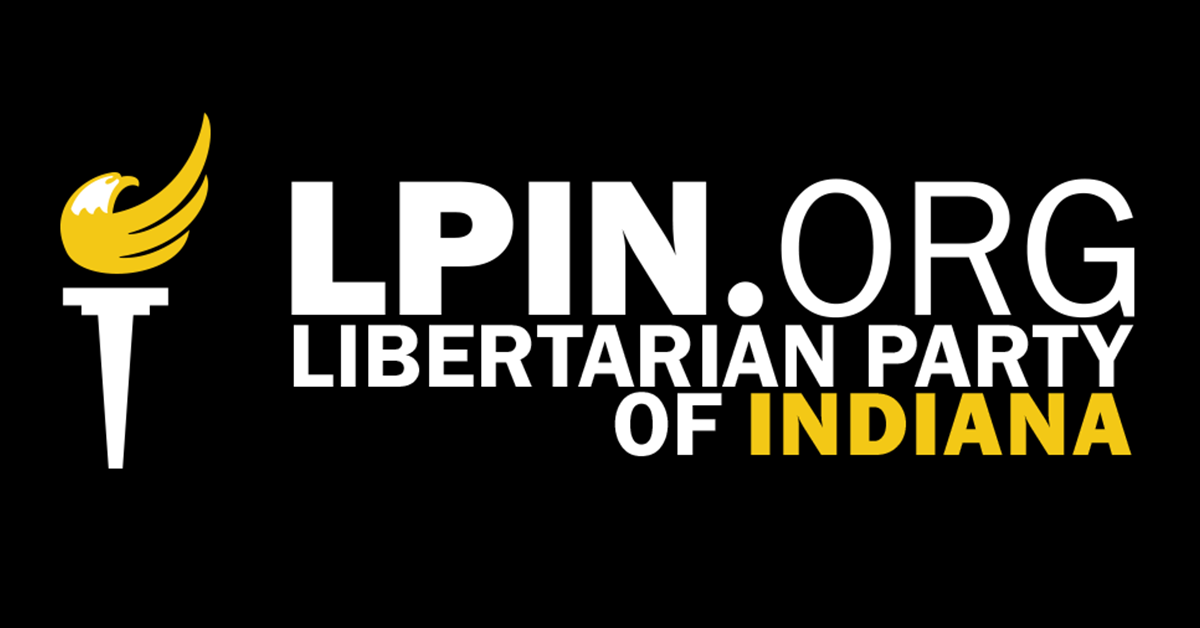(By George Edwards, Originally Posted at his blog, Indiana Economics.)
The Cato Institute came out with its report card of state governors that gave governors a grade based on their friendliness to limited government. Indiana’s Governor Mitch Daniels came in at number 17 on the list. Although this number is better than average, it should be surprising to many who consider Mitch Daniels a proponent of limited government and free markets to see that many Democrats outscored Daniels despite major budget cuts this year. Anyone familiar with the major budget cuts realize that they were forced by revenue forecasting errors rather than the want of limited government.
As a likely candidate for President in this upcoming election cycle it is important that libertarian voters realize that Mitch Daniels is NOT the friend to free markets that his “State of the State” addresses make him out to be. It is true that he is very capable of balancing a budget and is one of the few Governors that maintained a much needed rainy day fund, but his focus on throwing money at education has really done a lot of damage to reducing the tax burden on Hoosier families. Governor Daniels received a “B” for his limited government efforts while Democrat Joe Manchin from West Virginia received an “A.” Republicans, on average, did better than Democrats and there is an important caveat in the study about state legislators being of the opposite party. Indiana’s statehouse had a democratic majority until the recent elections.
This is what was said about Mitch:
Governor Daniels is a fiscal conservative, but he seems to focus more on balancing the state budget than shrinking the size of government. In his first term, he signed into law an increase in the cigarette tax to fund higher health spending, and he proposed a temporary increase in the top income tax rate. The legislature rejected the latter increase. In 2008, he enacted a tax overhaul that swapped an increase in the state sales tax rate for lower local property taxes. The plan delivered an overall tax cut, but it may lead to larger government down the road by increasing state power at the expense of competition between local jurisdictions. Daniels has called for refunds to taxpayers in years when the state has a large budget surplus, but he has not pushed for permanent state tax cuts. For example, the Indiana corporate tax rate is substantially higher than average, but Daniels has made no effort to cut it. On spending, Daniels constrained the general fund budget to a 10 percent increase between FY05 and FY09, but spending has not fallen since then as it has in many other states. The governor has made somepro-market spending reforms—such as leasing the Indiana Toll Road to a private firm—but he also has a soft spot for certain areas of state spending, such as education.

